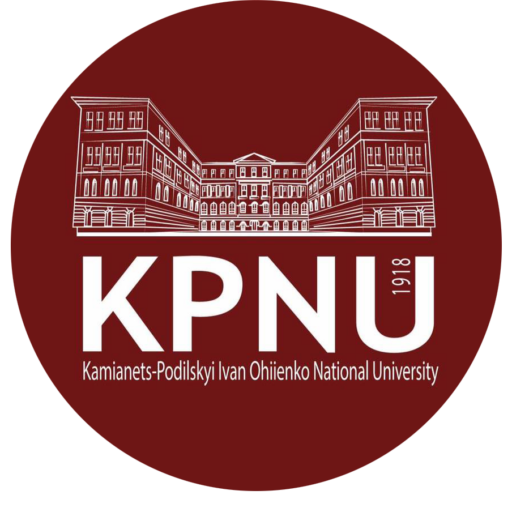Оксана Дзюбіна
Тернопільський національний педагогічний університет
імені Володимира Гнатюка
викладач кафедри англійської філології та методики навчання англійської мови
THE EMERGENCE OF NEOLOGISMS IN THE CULINARY INDUSTRY
Constant vocabulary replenishment is the essential condition for language development. Being the best representation of language dynamics, it is directly influenced by extralinguistic reality and changes affecting it. Modern linguistic science considers the process of word formation as the form of language functioning necessary for vocabulary organization as well as the specific means of reality representation. Garnering much attention is the role of neologisms as language development indicator, which reflects its adjustment to changes caused by extralinguistic factors, and its functioning as well. The occurrence and functioning of new words is a subject of systematic research. A great deal of currently available information has been researched and published by L. Bondar [1], N. Drabov [2], E. Kusch [2], N. Moisieieva [3], Y. Zatsnyi [3], A. Yankov [3] who contributed greatly to linguistic science.
Having studied previous experience in published articles, we may conclude that neologisms fall into several categories:
– according to word formation method there are lexical, semanticneologisms and new collocations [2, p. 6];
– according to origin there are new coinages and nonce words [2, p. 5];
– according to purpose, there are nominative and stylistic neologisms[1, p. 276].
New words can also be classified according to thematic groups which in our article will encompass the notion “gastronomy”. One of the spheres of human life which comprises the largest number of neologisms is food industry. Generally, they denote nutrition tendencies:
climatarian (noun, formed by means of blending: ”climate” + “vegetarian”): a person whose diet is designed to slow climate change. Key features of the climatarian diet include eating more pork and poultry rather than beef and lamb, which produce more of the greenhouse gases carbon dioxide, methane, and nitrous oxide. Climatarians also eat locally processed food to reduce food transportation and use every part of an ingredient, like potato peels and carrot tops, to reduce food waste.
slow-food (noun, formed by means of compounding) – is a movement that promotes local food and traditional cooking. Promoted as an alternative to fast food, it strives to preserve traditional and regional cuisine and encourages farming of plants, seeds, and livestock characteristic of the local ecosystem. It promotes local small businesses and sustainable foods. It also focuses on food quality, rather than quantity [1, p. 258];
functional drink (noun, formed by means of compounding) – a functional beverage is a drink typically intended to convey a health benefit, usually as a panacea or a performance-enhancing substance. Some include ingredients like herbs, vitamins, minerals, nootropics, amino acids, or additional raw fruit or vegetables. [2, p. 132].
Література
- Coleman J. The Life of Slang / J. Coleman. – Oxford : Oxford University Press, 2012. – 368 p.
- Herring S. Computer-Mediated Conversation: Introduction and Overview [Електронний ресурс] / S. Herring // Language @ Internet. – 2021. – Vol. 8. – Режим доступу : http://www.languageatinternet.org /articles/2011/Herring. Дата доступу: 11.02.2021.
- Livingstone S. Risky Social Networking Practices Among – Underage‖ Users: Lessons for Evidence-Based Policy Communication / S. Livingstone, K. Ólafsson, E. Staksrud // Journal of Computer-Mediated Communication. – 2021. – Vol. 18 (3) – P. 303–320.
- Urban Dictionary [Електронний ресурс]. – Режим доступу : http://www.urbandictionary.com/define.php?term=facebook. Дата доступу: 11.02.2021.
- Word Spy [Електронний ресурс]. – Режим доступу : http://www.wordspy.com/ Дата доступу:11.02.2021.
